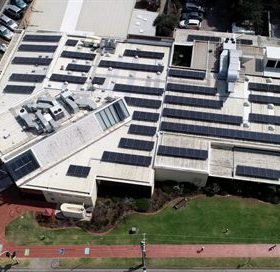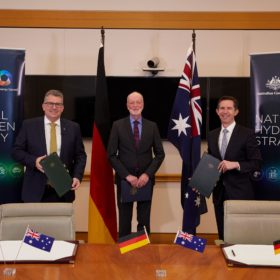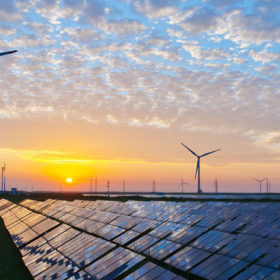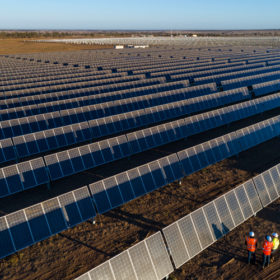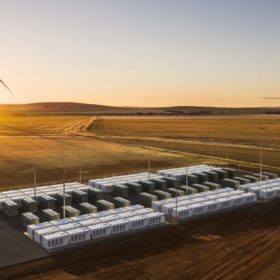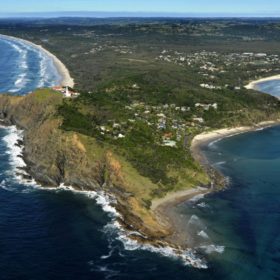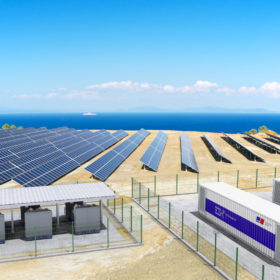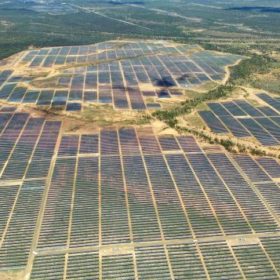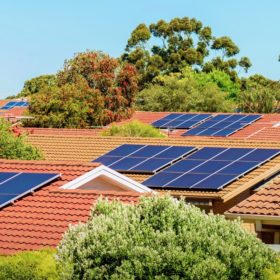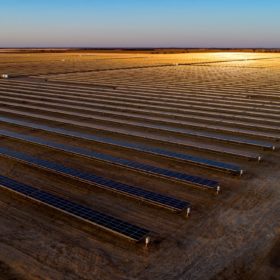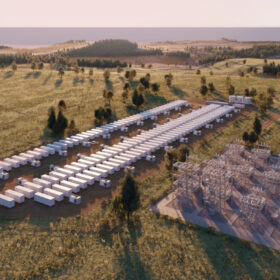Hobsons Bay City Council set to become first Melbourne metro council to start a VPP
Hobsons Bay City Council is accelerating its Large Scale Solar Installation Program with a Virtual Power Plant to enable the sharing of solar generated energy around the Council’s assets. Going forward, Council wants to see its VPP expanded to include the vast array of members in its community.
Australia and Germany shake hands on green hydrogen future
Australia and Germany have brought their national hydrogen strategies together after signing a new agreement for a joint feasibility study into green hydrogen production and trade. The agreement was welcomed around the country as auspicious of Australia’s potential as a global green hydrogen superpower.
Energy incumbents attempt to hinder AEMO with hot air report
Energy industry incumbents the Australian Energy Council and Energy Networks Australia hired UK firm Cambridge Economic Policy Associates to review the Australian Energy Market Operator’s “governance framework”. In principle, a review of the AEMO’s governance given its widening role in Australia’s energy future is valuable, but this report is about as useful as a toothpick to a pelican.
QLD is in the zone – opens new renewable energy zones for proposals
The Queensland Government has opened the registrations of interest period for its three planned and well-funded Renewable Energy Zones. The Sunshine State is calling on the renewables sector to come forward and lead Queensland’s renewable revolution.
Goyder Renewables Zone off to a capital start as ACT charges up two big batteries
The forecast for the ACT is two big batteries and gale-force winds as the territory’s Government awarded two considerable contracts in its latest ‘reverse auction’, including a 14-year contract with Neoen, the first for its massive Goyder Renewables Zone.
Byron Shire Council’s draft net zero action plan is a demonstration of good framing policy
It is not surprising that Byron Bay is ahead on its eco-friendly activity, but Byron Shire Council’s latest draft Net Zero Emissions Action Plan is an example of how framing policy can provide the active space for energy transition – an example the Morrison Government would be wise to follow.
Solar-plus-storage for the Cook Islands
Around 4.2 MWh of energy storage capacity will be connected to a solar and diesel micro-grid on Rarotonga, the largest of the islands in the South Pacific nation. Three 40-foot containers with a total power output of 4.8 MVA will be used as a power reserve and for grid support by utility Te Aponga Uira.
QLD to go it alone with $500 million Renewable Energy Fund to lead green recovery
After being ignored by the Federal Government, Queensland has announced a $500 million Renewable Energy Fund for state-owned energy corporations to invest in commercial renewable project and infrastructure, a particular complement to QLD’s three pending Renewable Energy Zones.
$215 million proposal for 50 MW of solar across QLD’s social housing
Solar Citizens, the Queensland Council of Social Service (QCOSS) and Queensland Conservation Council have come together to propose a $215 million initiative to the Queensland Government which would see 50 MW of solar installed across more than 50,000 social dwellings to help households save on their energy bills in these tough economic times.
The Energy Security Board releases its opus on energy market reform!
With more than 2.2 million households catching the sun under rooftop PV, and 10 GW of grid-scale renewable generators connected to the NEM over the past decade, Australia’s energy system urgently needs to evolve new market mechanisms that support reliability throughout the transition to a low-carbon electricity supply. The Energy Security Board today published proposed reforms that promise to develop a framework fit for the 21st century.
